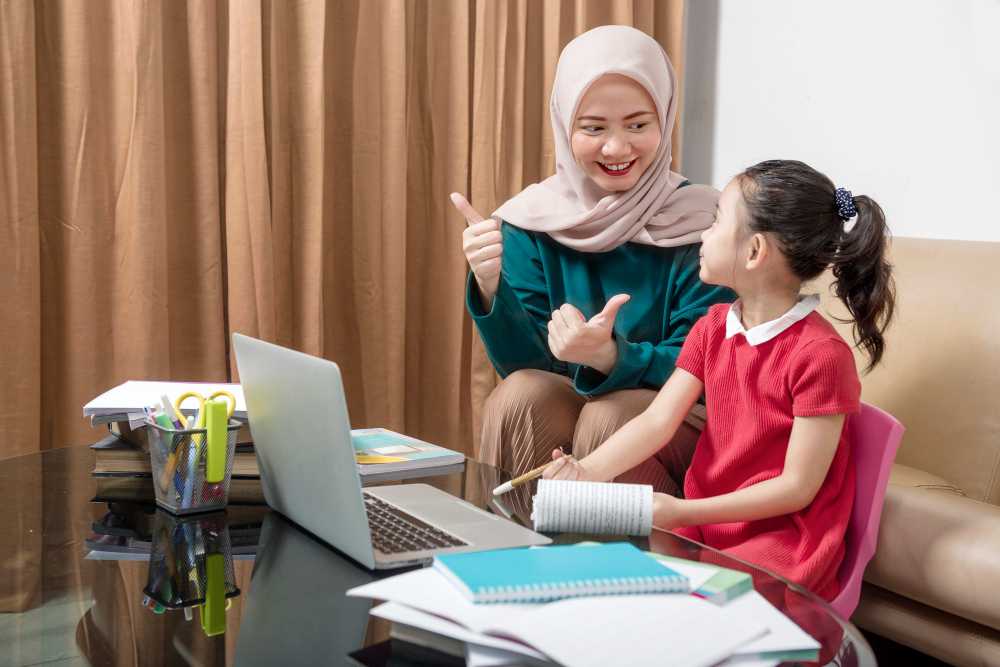
What International Primary Schools in Penang Teach Their Students?
A Solid Foundation
International primary schools in Penang play a vital role in providing a strong educational foundation for young learners. These schools offer a curriculum designed to foster academic excellence, develop critical thinking skills, and cultivate a global perspective. This article explores the key areas of learning that these schools prioritize.
A Strong Academic Foundation
- English Language Proficiency: International primary schools in Penang place a strong emphasis on developing students’ English language skills. This includes reading, writing, speaking, and listening.
- Mathematics: Students are taught fundamental mathematical concepts, problem-solving skills, and logical reasoning.
- Science: The curriculum introduces students to the wonders of the natural world through engaging experiments and investigations.
- Social Studies: Students learn about history, geography, and civics to develop an understanding of the world around them.
- Arts and Music: These subjects foster creativity, self-expression, and appreciation for the arts.
Developing Critical Thinking Skills
- Problem-Solving: Students are encouraged to think critically and creatively to solve problems. They are taught to analyze information, evaluate evidence, and draw conclusions.
- Inquiry-Based Learning: International primary schools often employ inquiry-based learning approaches, where students are encouraged to ask questions, investigate, and discover knowledge for themselves.
- Higher-Order Thinking: Teachers focus on developing students’ higher-order thinking skills, such as analysis, evaluation, and synthesis.
Cultivating a Global Perspective
- Multiculturalism: Students are exposed to diverse cultures and perspectives through their studies and interactions with classmates from around the world.
- Global Citizenship: Schools promote global citizenship by teaching students about international issues, human rights, and environmental sustainability.
- Language Learning: Many international primary schools offer additional language learning opportunities, such as Mandarin or French, to broaden students’ horizons.
Holistic Development
- Physical Education: Students participate in regular physical activities to promote health, fitness, and teamwork.
- Character Education: Schools emphasize the development of character traits such as honesty, respect, and empathy.
- Social Emotional Learning (SEL): Students are taught emotional intelligence, self-awareness, and interpersonal skills to help them navigate social situations and build healthy relationships.
Frequently Asked Questions (FAQs)
1. What is the curriculum followed in international primary schools in Penang?
International primary schools in Penang typically follow international curricula such as the International Primary Curriculum (IPC) or the Cambridge Primary Program. These curricula are designed to provide a well-rounded education that prepares students for future academic success.
2. How do international primary schools ensure that students are prepared for higher education?
These schools focus on developing students’ academic skills, critical thinking abilities, and global perspective. They also provide guidance and support to help students transition to secondary education.
3. What are the benefits of attending an international primary school in Penang?
Students at international primary schools in Penang benefit from a high-quality education, exposure to diverse cultures, and opportunities for personal and academic growth.
4. How do these schools promote language learning?
International primary schools typically prioritize English language proficiency and may offer additional language learning options, such as Mandarin or French.
5. What role do extracurricular activities play in the education of primary school students? Extracurricular activities provide opportunities for students to explore their interests, develop new skills, and build friendships. They can also contribute to students’ overall well-being and development.


Leave Your Comment